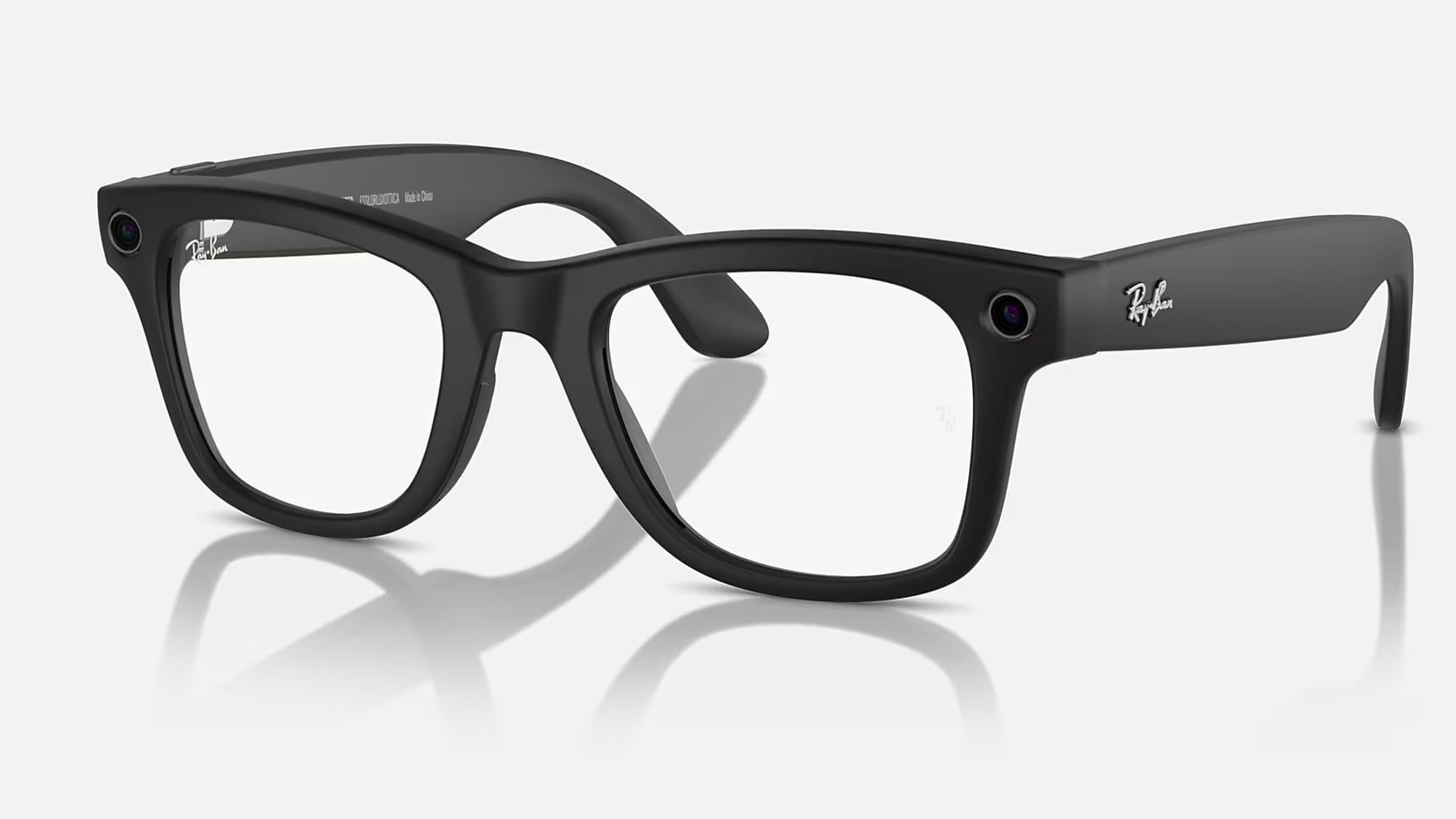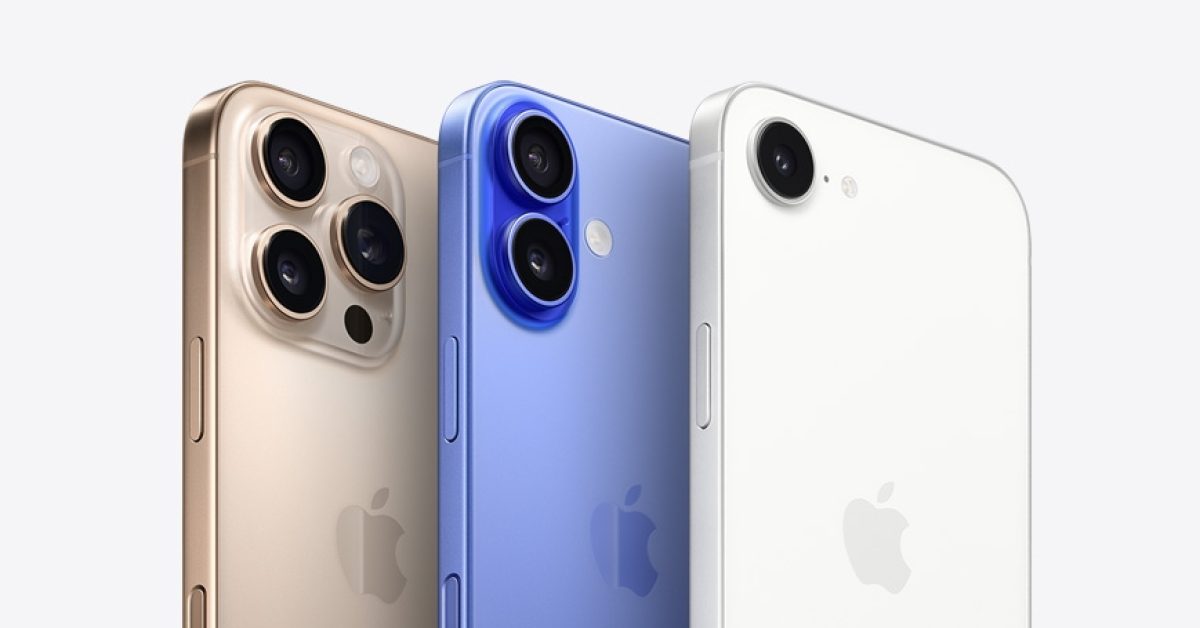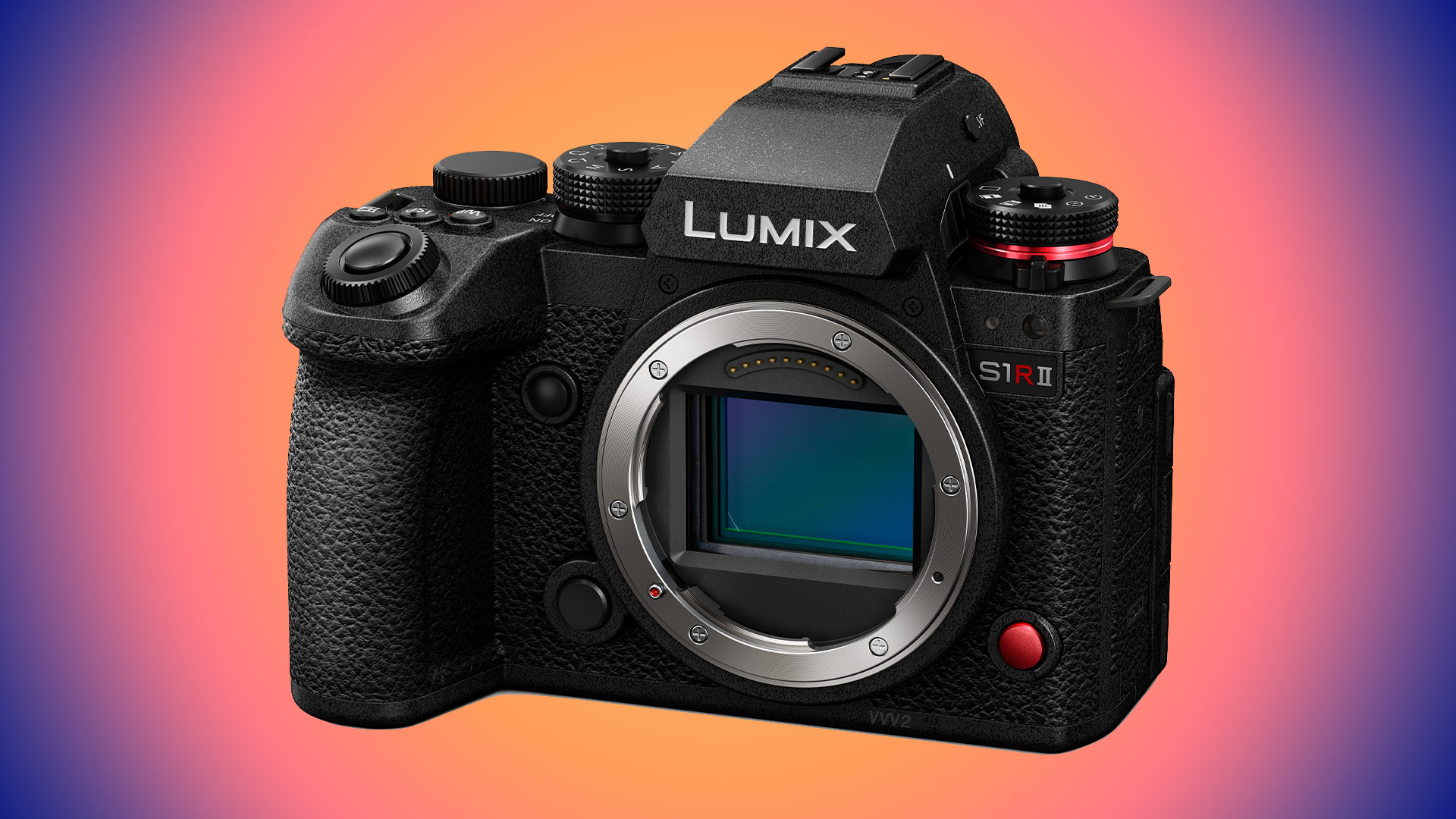Race for AR Supremacy: Tim Cook's Ambitious Bid to Outpace Zuckerberg's Metaverse Vision
Technology
2025-04-14 10:47:51Content

Apple's Tim Cook is on a mission to revolutionize the augmented reality (AR) landscape, demonstrating an unwavering determination to beat Meta in launching groundbreaking AR glasses. The tech giant's CEO appears laser-focused on developing a cutting-edge wearable device that could potentially redefine how we interact with digital technology.
Sources close to Apple's development team suggest that Cook views this project as a critical strategic priority, pushing the company's engineers and designers to innovate at an unprecedented pace. His competitive spirit is driving Apple to create an AR experience that not only matches but potentially surpasses Meta's current technological capabilities.
The race to dominate the AR market has intensified, with both Apple and Meta seeing immense potential in wearable technology that seamlessly blends digital information with the physical world. Cook's aggressive approach signals that Apple is committed to being a frontrunner in this emerging technological frontier, potentially transforming how consumers engage with digital interfaces in their daily lives.
While specific details about Apple's AR glasses remain closely guarded, the company's reputation for sleek design and user-friendly technology suggests that their eventual product could be a game-changer in the augmented reality space.
Tech Titans Clash: The High-Stakes Race for Augmented Reality Supremacy
In the rapidly evolving landscape of technological innovation, a fierce battle is brewing between two tech giants, Apple and Meta, as they race to revolutionize how humans interact with digital information through augmented reality glasses. This unprecedented competition promises to reshape our understanding of personal technology, blurring the lines between physical and digital experiences in ways previously confined to science fiction.The Future of Interaction: When Reality Meets Digital Imagination
Apple's Strategic Ambition: More Than Just a Product Launch
Tim Cook's relentless pursuit of augmented reality represents far more than a mere product development strategy. It embodies Apple's long-standing tradition of transformative technological breakthroughs. The company's approach goes beyond creating another gadget; they're engineering an entirely new paradigm of human-computer interaction. Cook's vision extends deep into reimagining how people will consume information, communicate, and experience digital content in the coming decades. The internal drive at Apple is palpable, with engineering teams working tirelessly to develop a solution that transcends current technological limitations. Unlike previous attempts at AR hardware, this project represents a holistic reimagining of wearable technology, integrating sophisticated design, cutting-edge optics, and seamless user experience.Meta's Competitive Landscape: Zuckerberg's Augmented Ambitions
Mark Zuckerberg's Meta has been aggressively positioning itself as a frontrunner in the augmented reality space. The company's substantial investments in research and development signal a profound commitment to creating immersive digital experiences. Their strategy involves not just hardware development but also building comprehensive ecosystem support through advanced software platforms and developer tools. The competition between Apple and Meta represents more than a corporate rivalry; it's a battle for defining the next generation of digital interaction. Each company brings unique strengths: Apple's design prowess and ecosystem integration versus Meta's social networking expertise and virtual reality foundations.Technological Challenges in Augmented Reality Development
Developing truly functional augmented reality glasses presents extraordinary engineering challenges. These devices must simultaneously manage complex computational tasks, maintain lightweight and aesthetically pleasing designs, ensure robust battery performance, and deliver seamless visual overlays that feel natural and intuitive. The technical hurdles are immense. Engineers must solve problems related to miniaturization, thermal management, display technologies, and user interface design. Successful implementation requires breakthroughs in multiple technological domains, including advanced optics, machine learning, sensor fusion, and real-time rendering capabilities.Potential Market Impact and User Experience Revolution
The implications of successful augmented reality glasses extend far beyond consumer electronics. These devices could fundamentally transform industries like education, healthcare, professional training, and entertainment. Imagine surgeons accessing real-time patient data during procedures, architects visualizing building designs in physical spaces, or students exploring interactive learning experiences that blend digital information with real-world contexts. The potential user experience represents a quantum leap from current smartphone interactions. Instead of looking down at screens, users will have information seamlessly integrated into their visual field, creating more natural and intuitive digital interactions.Privacy and Ethical Considerations
As these technologies advance, critical questions emerge about privacy, data collection, and potential societal impacts. Both Apple and Meta will need to navigate complex ethical landscapes, addressing concerns about personal data, surveillance capabilities, and the psychological implications of constant digital augmentation. The race for augmented reality supremacy is more than a technological competition—it's a pivotal moment in human-computer interaction that will shape how we perceive and engage with digital information for generations to come.RELATED NEWS
Technology

Exclusive: Nintendo Korea Accidentally Reveals Massive Donkey Kong Surprise
2025-04-05 14:26:20
Technology

Italian Auto Revolution: Alfa Romeo, Lancia, and Fiat's Bold Roadmap to 2030
2025-04-27 17:03:22






